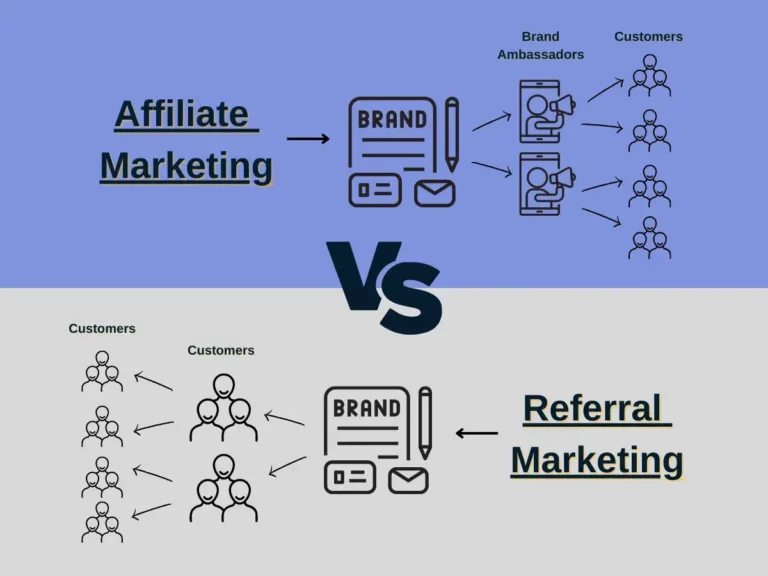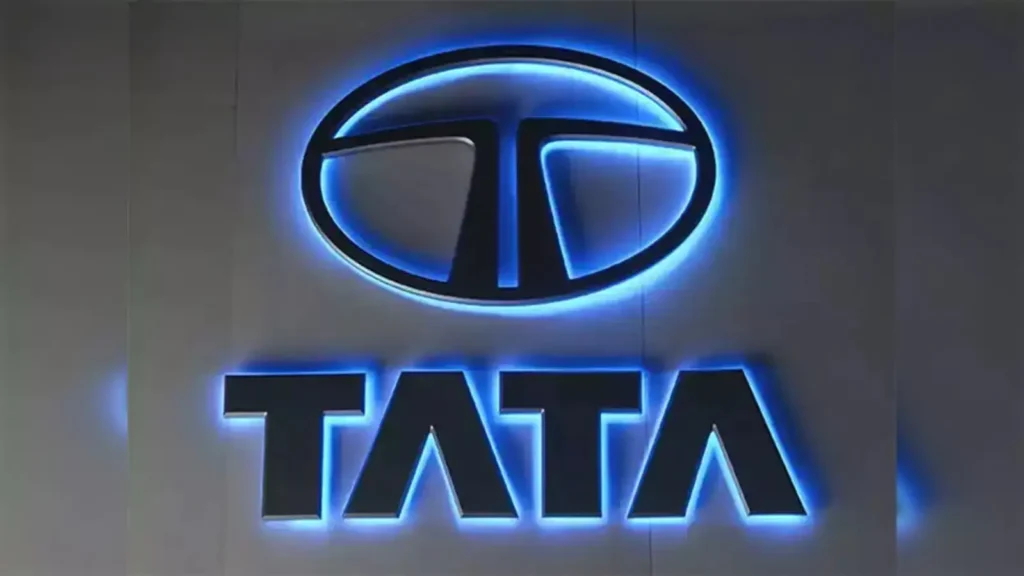Now Reading: How Referral-Based Business Models Mislead People
-
01
How Referral-Based Business Models Mislead People
How Referral-Based Business Models Mislead People

Referral-based business models have become common in India, including Tier 2 cities, promising rewards for inviting friends or family to join platforms or services. While legitimate referral programs exist, many are structured to mislead participants, creating false expectations of income or benefits. Users are often drawn in by the allure of easy earnings but end up investing time, money, or personal information without real returns.
Misleading referral programs often emphasize quick profits and exponential growth. Participants are encouraged to recruit more people to unlock rewards, creating pressure and a sense of urgency. The promise of high returns without transparency about the business model can trap users in cycles of unfulfilled commitments and wasted resources.
People in Tier 2 cities are particularly vulnerable due to limited access to verified information and financial literacy. Many join programs based on social media promotions or peer pressure, trusting that the system will deliver as promised without questioning the feasibility or legitimacy of the scheme.
Preventing exploitation requires caution and research. Users should evaluate whether the program has a sustainable product or service, understand how rewards are structured, and avoid schemes that rely solely on recruiting others for income. Consulting trusted sources or reviews can reduce the risk of being misled.
Ultimately, while referral programs can provide genuine benefits, combining ambition with careful scrutiny is essential. Awareness and informed participation help individuals distinguish legitimate opportunities from misleading schemes.
























